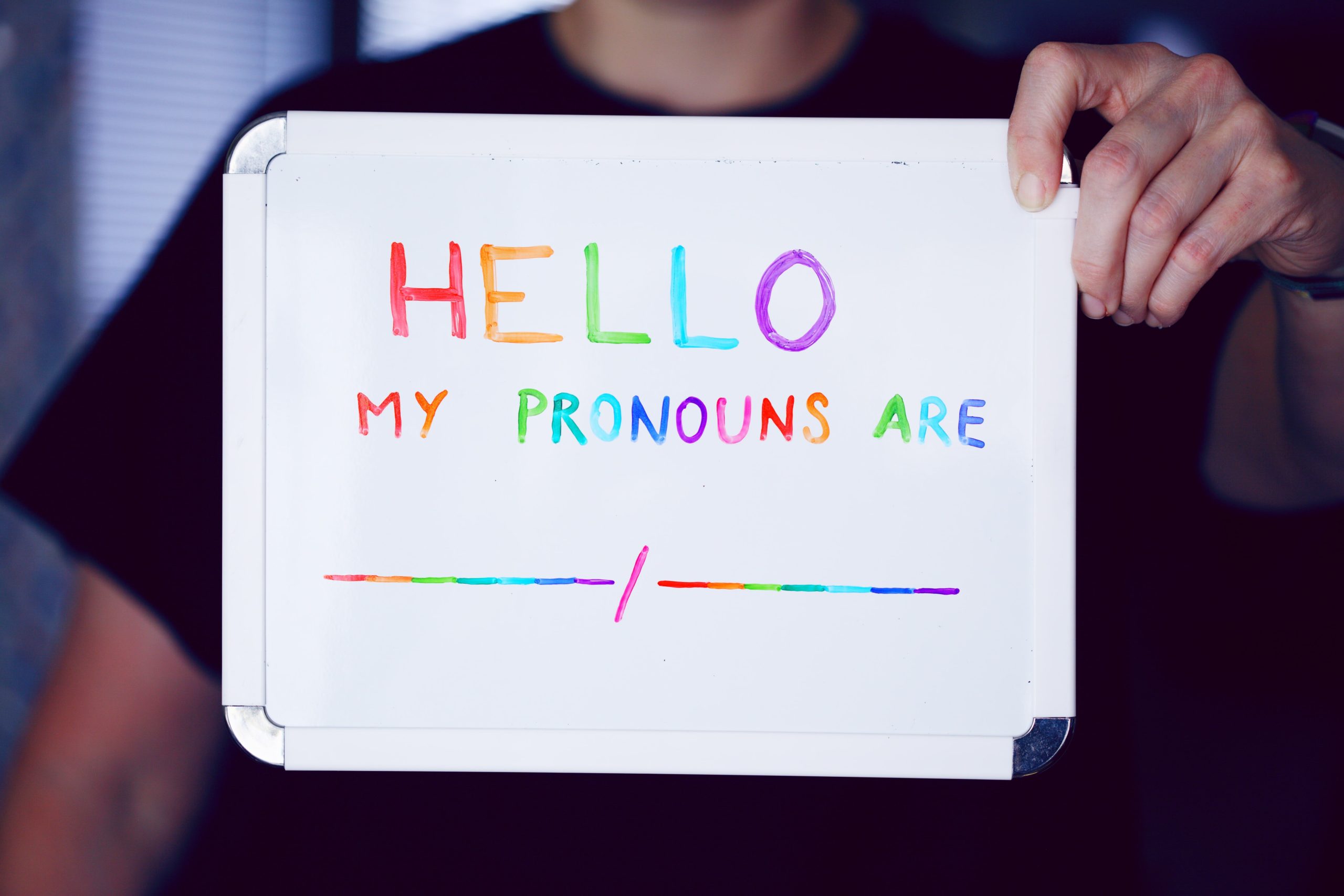Are you curious about how policies are created and implemented in the federal government? Do you want to know what goes on behind closed doors at Capitol Hill? Look no further because we have an exclusive interview with a federal government policy expert who will give us insider knowledge on how the government works. From their personal experience working in Washington D.C., our expert will share their insights into the policymaking process, including the challenges they face and successes they’ve achieved. Get ready to learn everything you need to know about navigating politics from someone who’s been there!
What is the Trump Administration’s Plan for DACA?
Since taking office, the Trump Administration has made clear that they have a plan to end the Deferred Action for Childhood Arrivals (DACA) program. DACA is an Obama-era policy that allows certain undocumented immigrants who were brought to the U.S. as minors to receive renewable two-year permits to remain in the country. The Trump Administration has set a deadline of March 5, 2018 for Congress to pass legislation that would make DACA permanent.
The Trump Administration’s plan for DACA is to end the program and give all undocumented immigrants who currently hold temporary permits a chance to apply for a new, permanent visa if they meet certain requirements, including having no criminal record and being able to prove they have been living in the United States continuously since December 31, 2007.
Some critics of the Trump Administration’s plan say that it is unfair to give all undocumented immigrants a chance only if they can meet these standards and many undocumented immigrants who are currently eligible for DACA do not meet these requirements. Others argue that ending DACA will make it harder for future generations of undocumented immigrants to come into the country legally and will make it more difficult for law enforcement agencies to identify and apprehend criminals who are in the U.S. illegally.
How will the Tax Cuts and Jobs Act impact the Economy?
The Tax Cuts and Jobs Act, which was passed by the Trump Administration in late December of 2017, is a major piece of legislation that has the potential to impact both the economy and individuals’ everyday lives. The bill includes significant reductions in individual and corporate tax rates, as well as other changes to the tax code.
Some economists have said that the bill could lead to significantly higher economic growth over time, while others have cautioned that it could also lead to significant increases in debt levels and division among American households. In an interview with ABC News, Jeff Matthews, a policy expert with the Federal Reserve Bank of Minneapolis, said that he believes “there’s a good chance” that the tax overhaul will result in increased job creation and wage growth.
While there are many factors yet to be determined following passage of the Tax Cuts and Jobs Act, it is clear that its effect on the economy will be highly influential. Individuals who are considering whether or not to take action based on its provisions should consult with their accountant or financial advisor to get an accurate understanding of how they may affect their personal finances.
What are the implications of the Federal Government Shutdown?
The Federal Government Shutdown is having a significant impact on the everyday lives of Americans. Here are some of the most pressing implications:
-People are not being able to get government benefits, such as Social Security and Medicare.
-Many federal agencies are not open and are not processing payments. This means that businesses and people are not getting their money or receiving necessary services.
-The shutdown is also causing a deficit in the Treasury Department, which could lead to higher taxes down the road.
How do Federal Laws Affect You?
If you’re like most people, you rely on the laws of the United States to run your life. From driving on the road to filing taxes, federal laws play a big role in our everyday lives. But what do these laws actually say? In this interview, government policy expert and attorney Leah Libresco discusses some of the more obscure and interesting federal laws that are important to everyday Americans.
First up is the Lobbying Prohibition Act of 1995. This law prevents registered lobbyists from influencing or trying to influence Congress on behalf of a particular organization. This includes not just lobbying on legislation, but also offering advice or assistance to members of Congress. The law is pretty broad, and it’s been used several times to prosecute officials for corruption.
The Antiquities Act of 1916 is another important statute. It allows presidents to declare national monuments (defined as areas with historic importance) without having to go through Congress first. This has been used several times by Presidents Obama and Trump to create national monuments out of various areas in California, Nevada, and Utah. monument designation can also be used for other purposes, such as protecting resources from development or preserving historical landmarks.
And finally there’s the Taxpayer Relief Act of 1997. This law was designed specifically to reduce the amount of money that taxpayers had to pay in taxes during a financial crisis caused by stock market crashes in 1996 and 1997. The law lowered tax rates for certain individuals and businesses, created new tax breaks, and made changes
Interview with a Federal Government Policy Expert
In today’s world, with so much change and uncertainty, understanding what the federal government is doing and how it plans to proceed can be a valuable asset. This is especially true when it comes to policy areas like healthcare, the economy, and immigration.
To get an insider’s perspective on these and other big issues, we spoke with Jeri Weingarten, president of the American Federation of Teachers (AFT). During her 20-year career as a teacher and administrator, she has developed deep knowledge of how the government works. In this interview, she shares her insights on some of the biggest issues facing America today.
1. What do you think are the biggest challenges facing America right now?
There are many challenges facing America right now – from growing inequality to climate change – but I think two of the most pressing are immigration and gun reform. Immigration is a huge issue because it divides families and communities; gun reform is critically important because our country has more guns than any other country in the world per capita.
2. What kind of advice would you give policymakers looking to address these challenges?
I would tell them that they need to build consensus around their policies – both within their own party and across the aisle – before they even start thinking about proposing them. They also need to be aware of unintended consequences, take into account public opinion, and make sure that their policies are affordable and sustainable over time.










